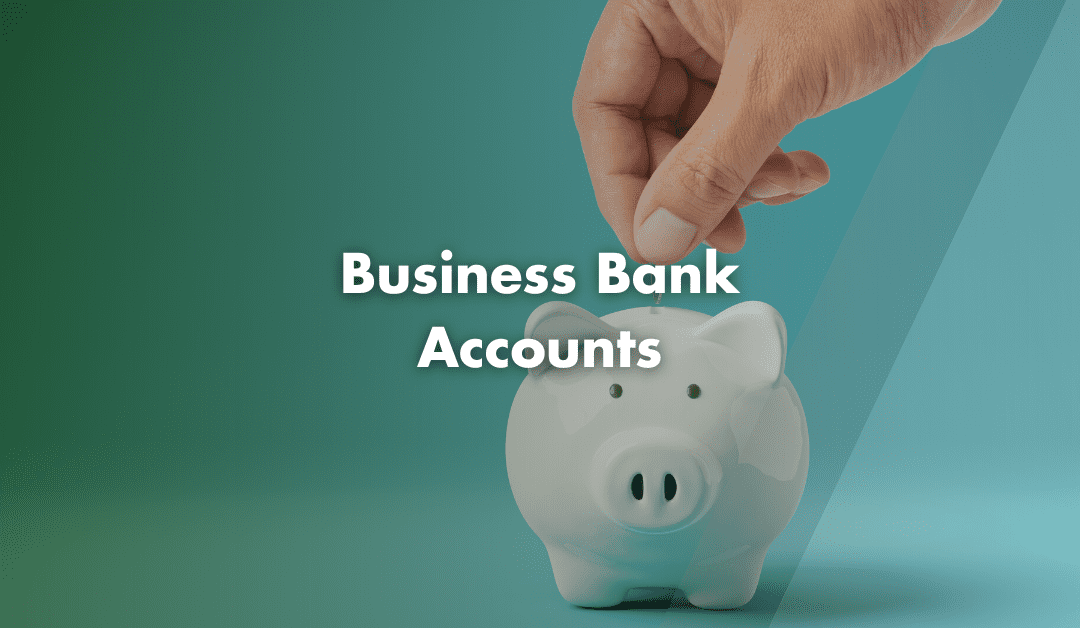What is a Business Bank Account?
A business bank account specifically manages the finances of a business. Unlike personal bank accounts, business bank accounts offer features tailored to business needs, helping you to manage income, expenses, and financial transactions more effectively.
Moreover, these accounts keep your business transactions separate from your personal finances, aiding in accurate bookkeeping, tax preparation, and maintaining a professional image.
Key Features of a Business Bank Account
- Separation of Personal and Business Finances:
- Keeps personal and business finances separate, essential for accurate bookkeeping and tax preparation.
- Transaction Management:
- Equipped to handle a higher volume of transactions with features like bulk payment processing and direct debits.
- Financial Tracking and Reporting:
- Provides detailed transaction histories and statements, often integrating with accounting software.
- Access to Credit and Overdraft Facilities:
- Offers credit facilities such as overdrafts, loans, and lines of credit.
- Enhanced Security and Fraud Protection:
- Advanced security features and fraud protection tools, including transaction alerts and fraud monitoring.
Legal Requirements
If you have registered your UK business as a limited company, it is a legal requirement to open a separate business bank account. This is because a limited company is a distinct entity from its owners and operators, and using a personal account for such a business is not permissible under UK law.
For sole traders or partnerships, there’s no legal mandate to use a separate business account, but it’s often advisable depending on the number of transactions.
The Nature of Business Bank Accounts
Business bank accounts are quite similar to personal accounts, but they often come with fees for certain transactions or services. Therefore, you should shop around to find an account that suits your business needs. Additionally, if your business operates internationally, you might want services like streamlined currency exchanges and transfers.
Can Any Account Serve as a Business Account?
For sole traders, using a personal or another type of current account for business purposes is often acceptable. However, some banks may require you to open a business account if they notice a significant number of business-related transactions.
Limited companies and trusts must strictly use business accounts. Consequently, if you run multiple companies, each requires its own account.
Advantages of Having a Business Bank Account
Having a business bank account can be beneficial, even if you are not legally required to have one:
- Professional Image: A business bank account signals customers and suppliers that you have an established and serious business. It separates your personal and business finances, presenting a professional image.
- Expense Tracking: Separating personal and business transactions simplifies managing expenses and tax claims. This clear separation can save you time and reduce errors when bookkeeping.
- Software Integration: Managing bookkeeping and tax returns is easier if your account integrates with bookkeeping software, avoiding mix-ups between personal and business transactions.
- Risk Management: Some business accounts provide tools to check businesses and suppliers, helping to mitigate fraud or financial loss.
Choosing the Right Account for You
Selecting the right bank account involves considering several factors:
- Transaction Fees: Understand fees for various transactions, especially if dealing with overseas clients. Compare these across different banks to find the best deal.
- Interest Rates and Charges: Interest rates and charges can vary significantly. Make sure to compare these across different banks.
- Special Offers: Look for special offers, especially from banks where you already have a personal account. Some banks provide incentives for opening a business account.
- Online and Mobile Banking: Ensure the online and mobile banking services meet your business needs. Easy access to your account is crucial for managing your finances effectively.
- Overdraft or Credit Facilities: Check if overdraft or credit facilities are available and suitable for your business needs. These can be vital for managing cash flow.
What You Will Need to Open an Account
To open a business bank account in the UK, prepare to provide:
- Proof of your identity and address.
- Your business details; including the business name, registered address, contact information, registration number (for limited companies).
- Information on your business activities and source of funds.
Non-residents may face additional requirements, which vary among providers.
Contact Us
We are not just accountants; we are Chartered Accountants with one of the most reputable and premium accounting bodies. We are registered and regulated by ACCA; so you can rest assured that you are in good hands. Knowing this, don’t hesitate to get in touch with us if you require assistance: Pi Accountancy | Contact Us

